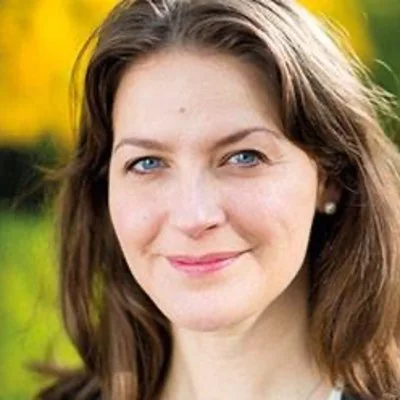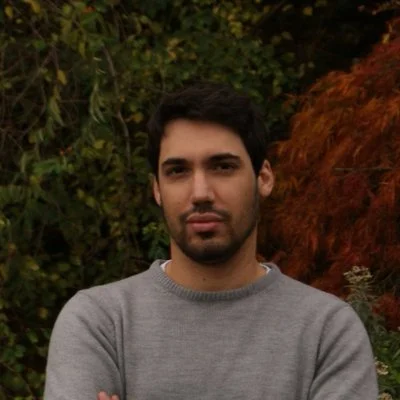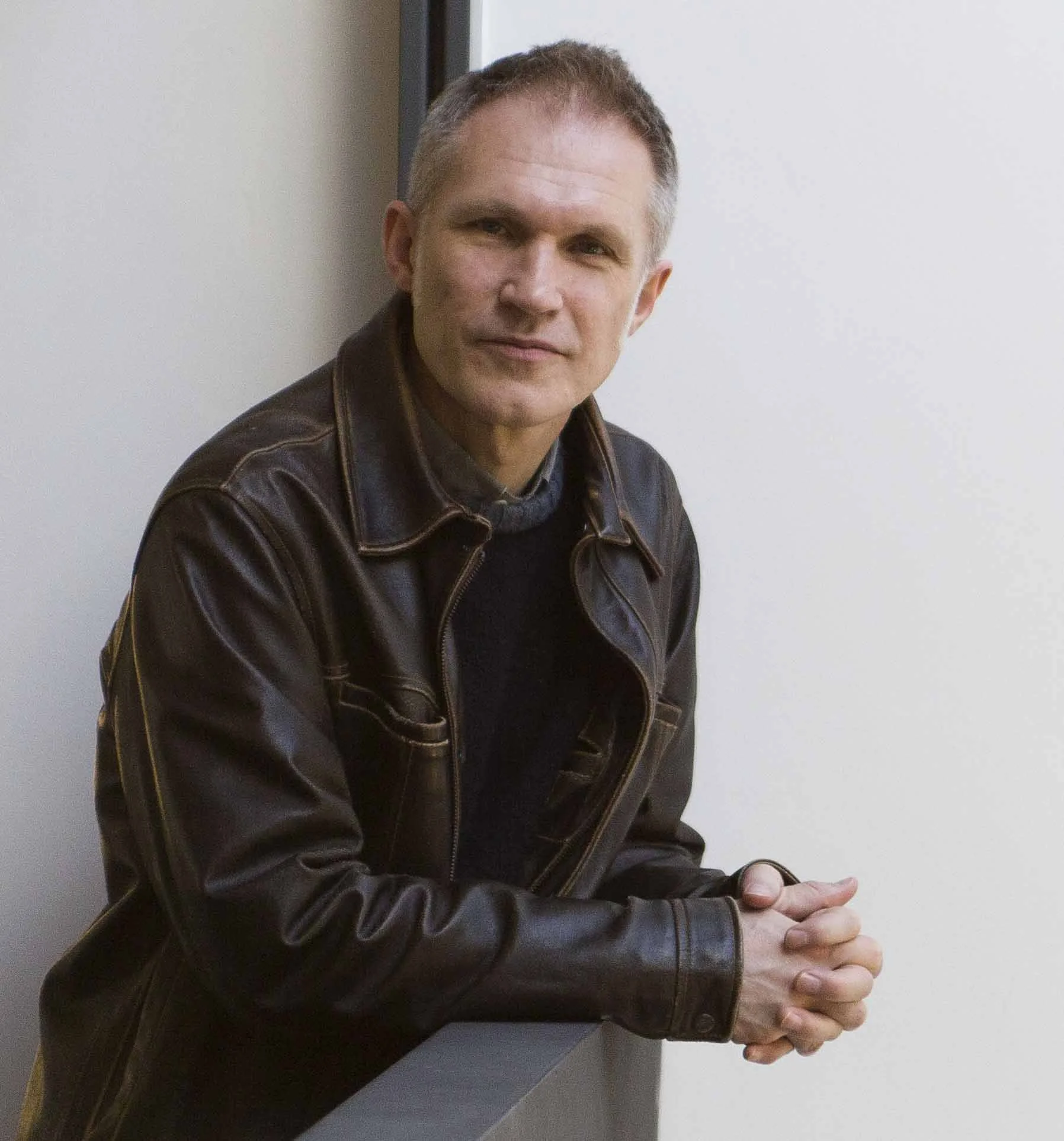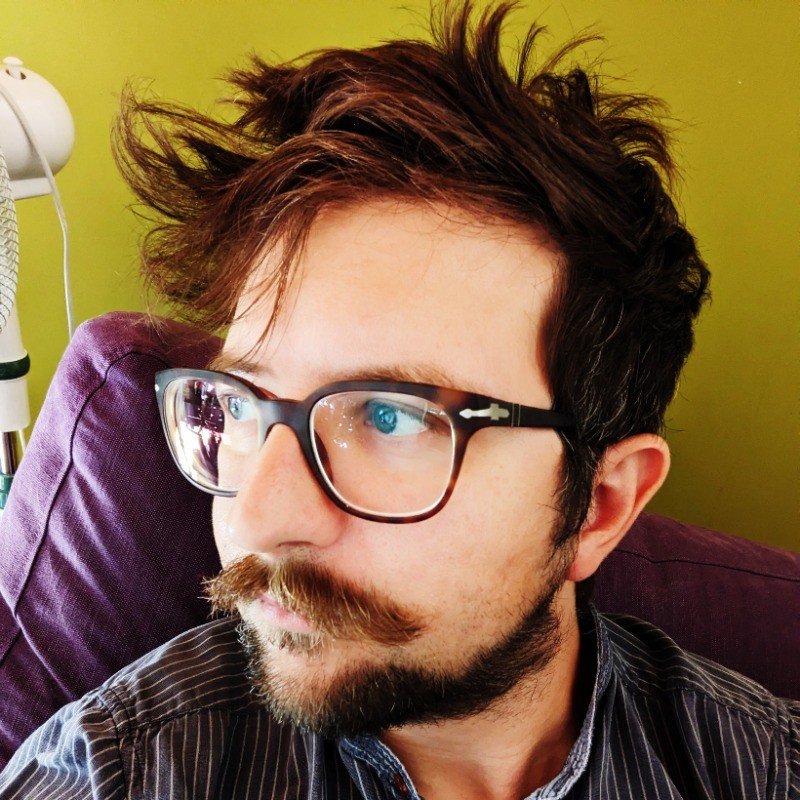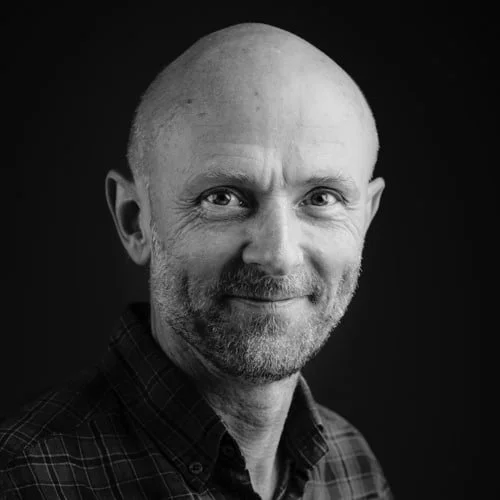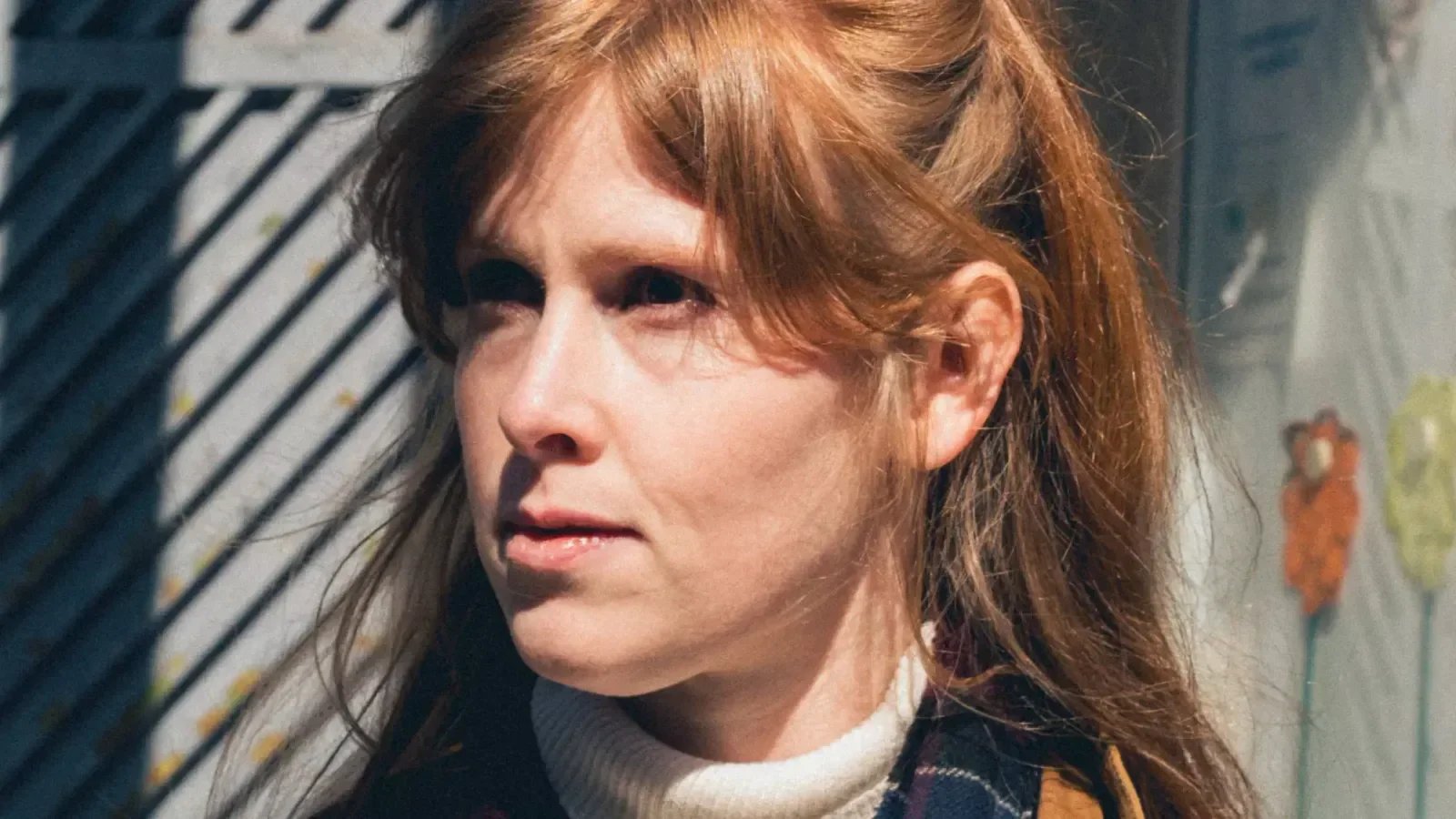SYMPOSIUM
BRUSSELS (BELGIUM)
JUNE 15th - 17th 2026
Mind, Art, Knowledge: Dialogues between Cognitive Science, Artistic Practice, and Philosophy
How can artistic practice produce knowledge? How can artists learn to generate and articulate knowledge via their practice? And how can philosophy of mind and cognitive science help us understand — and perhaps expand — this epistemic potential?
This three-day symposium explores these questions by bringing together artists, artistic researchers, philosophers, and cognitive scientists. It will investigate how artistic knowing emerges from the interplay of perception, embodiment, and cognition, and how it can be articulated in dialogue with philosophy and science.
-
“What do artistic and scientific experience have in common? Where the world ceases to be the scene of personal hopes, wishes, wants, where we face it as free creatures, admiring, questioning, beholding, there we enter the realm of art and science. We do science when we reconstruct in the language of logic what we have seen and experienced; but when we communicate through forms whose connections are not accessible to the conscious mind, yet we intuitively recognize them as something meaningful—then we are doing art. Common to both is the loving devotion, the being above the personal, removed from our will.”
—The common element in Artistic and Scientific Experience, Albert Einstein, published in Menschen. Zeitschrift neuer Kunst 4 (1921):19
keynote speakers
15-16-17 JUNE 2026
Elisabeth Schellekens
Jacopo Frascaroli
Iris Vidmar Jovanovic
Daisy Dixon
Murray Smith
Sander Van de Cruys
Marc Leman
Hans Maes
Christopher Earley
Pieter Schuermans
Marina Iosifian
-
Elisabeth Schellekens is a Swedish philosopher and Chair Professor of Aesthetics at Uppsala University (since 2014). Previously, she was Senior Lecturer at Durham University (2006-2014). Schellekens is known for her works in aesthetics. Her research interests include aesthetic cognitivism and objectivism, aesthetic normativity, Hume, Kant, aesthetic and moral properties, conceptual art, non-perceptual or intelligible aesthetic value, the relations between perception and knowledge, the aesthetics and ethics of cultural heritage (esp. in armed conflict), and the interaction between aesthetic, moral, cognitive and historical value in art.[citation needed]
Schellekens was co-editor of the British Journal of Aesthetics between 2007 and 2019. She continues to serve on the journal's editorial board, and has served on a number of journal editorial boards, including the Journal of Aesthetics and Art Criticism and Estetika.
-
Iris Vidmar is an assistant professor currently employed at the Department of Philosophy, Faculty of Humanities and Social Sciences, University of Rijeka, Croatia. Her area of specialization includes philosophy of art and aesthetics, with particular interest at philosophy of literature, poetry and Kant’s aesthetics. Her area of expertise includes epistemology and metaphilosophy. She taught a wide variety of courses pertaining to these areas, and extending to ethics, bioethics, emotions, philosophy of sexuality and modern philosophy.
Iris Vidmar defended her PhD after completing a doctorate program at the University of Rijeka in 2013, on the topic of literary cognitivism. She continued to explore the topic ever since, with particular interest in literary forms and genres, ranging from realism to science fiction and from poetry to mystery novels. Working at the intersection of philosophy and literature, she has written on various aspects of literary experience, exploring it from ontological, epistemological and ethical perspectives. As an associate at the research project Identity, funded by the University of Rijeka, she was concerned with fictional characters, and the ways in which literary and art experiences relate to one’s notion of self. As a member of the research center dedicated to the exploration of language, she is concerned with poetry and poetic use of language. Her most recent interest extend to cognitive aesthetics, where she is exploring connections between philosophical and scientific ways of discussing art and our cognitive faculties that enable us to create it and respond to it. In her writings, she unites philosophy with literature and literary criticism, arguing for the importance of humanistic disciplines more generally. She also works in Metaphilosophy, where she is mostly interested at accounting for the particular value, role and function that philosophy has for our practical lives, and in the overall educational system. She is the lead researcher at the project entitled Literature as a domain of ethics, funded by University of Rijeka. -
As a researcher in psychology, Marina focuses on the intersection between cognition, emotion and art. She explores how art influences everyday cognition by connecting distant concepts and enhancing social cognition by assigning social meaning to ambiguous visual stimuli.
-
Murray Smith is Professor of Philosophy, Art, and Film and Director of the Aesthetics Research Centre at the University of Kent. He was President of the Society for Cognitive Studies of the Moving Image from 2014–17, and a Laurance S. Rockefeller Fellow at Princeton University’s Center for Human Values for 2017–18. He has published widely on film, art, and aesthetics. His publications include Film, Art, and the Third Culture: A Naturalized Aesthetics of Film (Oxford University Press, 2017; revised paperback 2020),Trainspotting (BFI, revised edition 2021), and Engaging Characters: Fiction, Emotion, and the Cinema (Oxford University Press, revised edition 2022). Currently he is working alongside cognitive scientists on two Templeton-funded projects – ‘Art Opening Minds’ (2022-3) and ‘Character Engagement and Moral Understanding’ (2022-6) – as well as a new collection, Observing Film Art, devoted to the work of David Bordwell.
-
Marc Leman is Methusalem research professor in systematic musicology and director of IPEM, the institute for psychoacoustics and electronic music at Ghent University. He holds MA degrees in musicology and philosophy, and did his PhD on computer modeling of tonality perception. He published more than 350 articles, and several books with MIT press, Routledge, and Springer. His lab is an international meeting place for researchers working on expressive interactions with music, using embodiment and action theory as a point of departure. In 2007 he became professor of the Methusalem, renewed in 2015. In 2014 he was holder of the Franqui chair at the Université de Mons. In 2015 he became laureate of the five-yearly FWO (Flemish Fund for Scientific Research) Excellence Award Ernest-John Solvay for Language, Culture and Social Sciences.
-
Jacopo Frascaroli is a Postdoctoral Fellow at the Department of Psychology, University of Turin, Italy. Before joining Turin, he held a Humanities Research Postdoctoral Fellowship at the University of York, where he also earned his PhD in Philosophy in 2022 as part of the Leverhulme-funded interdisciplinary project "Learning from Fiction". Jacopo’s work bridges philosophy, psychology, and neuroscience, with a particular focus on aesthetics as a privileged lens through which to explore the workings of the human mind. He pursues this inquiry both theoretically and experimentally. On the theoretical side, he develops integrative frameworks that connect long-standing philosophical insights with contemporary findings in cognitive science. On the experimental side, he employs behavioural, neuroimaging, and computational methods to investigate aesthetic experience and its interaction with key cognitive phenomena such as learning, attention, memory, affect, and motivation. Jacopo has published several papers in high-impact journals, co-edited a theme issue on "Art, Aesthetics, and Predictive Processing" for Philosophical Transactions of the Royal Society B, and has two forthcoming books: Art and Learning (Mondadori, written together with Irene Ronga and Pietro Sarasso) and The Arts and the Drive for Knowledge (Cambridge University Press, co-edited with Diana Omigie and Filippo Contesi). Jacopo is also an active member of all the major international societies devoted to aesthetics and has presented his work at more than forty international conferences, ten of which as an invited speaker.cognitive science.
-
Dr Daisy Dixon is a philosopher of art and an artist. She is now a Lecturer in Philosophy at Cardiff University, having been a postdoctoral Research Fellow at Peterhouse, University of Cambridge from 2018-2022. After receiving a First Class BA (Joint Honours) in Art & Philosophy from the University of Reading in 2013, she began graduate work at the University of Cambridge, gaining a Distinction for her MPhil in Philosophy in 2014. Her PhD was funded by a School of Arts and Humanities Full Doctoral Award at the University of Cambridge, and was awarded in May 2019.
Her research falls at the intersection of philosophy of art, philosophy of language, and political philosophy, and has been published in top-tier academic journals. In her work, she explores how visual art behaves like speech, and how curators can affect what an artwork communicates to its audience. Her current academic project concerns aesthetic injustice and unjust aesthetics: deception in art, artistic hate speech, and protest art. Her teaching interests span aesthetics, philosophy of language, ethics, feminist philosophy, and political philosophy.
Daisy has written for magazines on art and morality, and is a regular guest lecturer with the London Drawing Group, working on outreach feminist art projects which draw international public audiences, and presenting at events accompanying exhibitions and concerts. She regularly gives talks to schools about the philosophy of art, and was recently a mentor for Magdalen College School’s Waynflete Programme.
Daisy is also a trained artist, with an art practice in painting and sonic installation.
-
Hans Maes is Professor & Vice Dean at LUCA School of Arts (University of Leuven, Belgium). He has authored papers on a variety of topics in aesthetics, including the art of portraiture, aesthetic melancholy, existential aesthetics, the role of intention in the interpretation of art, and the relation between art and pornography. The latter is the subject of two essay collections: Art and Pornography (co-edited with Jerrold Levinson, Oxford University Press, 2012) and Pornographic Art and The Aesthetics of Pornography (Palgrave MacMillan, 2013). His recent books include Conversations on Art and Aesthetics (Oxford University Press, 2017), Portraits and Philosophy (Routledge, 2020), and Before Sunrise, Before Sunset, Before Midnight: A Philosophical Exploration (Routledge, 2021). Maes is Vice-President of the British Society of Aesthetics, Honorary Lecturer at the University of Kent, and a former Director of the Aesthetics Research Centre at the University of Kent.
-
Sander Van de Cruys is an Alexander von Humboldt postdoctoral fellow at the Leibniz Institute for Psychology in Trier. He previously worked in the Brain & Cognition Unit at the University of Leuven on the GestaltReVision project and at the University of Antwerp. He investigates the internal rationality and computational logic in supposedly irrational or emotional thinking and behavior, whether it be in mental disorders (e.g., autism), in our emotional experience (e.g. aesthetic experience), or in belief systems (such as conspiracy theories). His theoretical and empirical work concerns the entanglement of cognition and emotion, for example in epistemic emotions such as curiosity and aha experience (sense of insight). Personal website: https://sandervandecruys.be/
-
Pieter Schuermans is a Belgian composer, conductor, and artistic researcher whose work explores temporal perception, structural layering, and emergent musical form. He holds Master’s degrees in Composition, Double Bass, Flute, and Symphonic Conducting from LUCA School of Arts, and completed his Doctorate in the Arts at KU Leuven in 2021 with Chaotic Pulse, Pulsating Chaos, which also resulted in a CD release on Etcetera Records.
A former principal double bassist with Collegium Instrumentale Brugense, he has an active interdisciplinary profile, notably as founder of eaRis company, dedicated to cross-media performance. As President of Composers Archipelago Flanders (ComAV), he supports the development of contemporary music in Belgium and abroad.
Schuermans is Professor of Composition and Director of Artistic Practice at LUCA School of Arts, and Special Guest Professor at KU Leuven. His current research focuses on multilayered compositional processes, interdisciplinarity, performer–composer relations, and AI in creative practice.
-
Christopher Earley is a Leverhulme Early Career Fellow at the University of Edinburgh and co-editor of Debates in Aesthetics. His current research focuses on how we can learn things from art, how aesthetic experiences help us work out our place in history, why we love it when artists break the rules, and how philosophy can make us more creative. As well as working in philosophy, he’s also a practicing artist and a visiting tutor at the Slade School of Fine Art.
EVENING @CINEMATEK
wednesday JUNE 17th 2026 from 19h30-22h
Artists increasingly approach their work as a form of inquiry. Rather than treating artworks as mere outcomes, many artists structure their practice as an ongoing research process—formulating questions, testing materials and methods, gathering feedback, and reflecting on results. This research is often situated, embodied, and iterative: it integrates studio experimentation with reading, conversation, fieldwork, and documentation.
Evening@CINEMATEK invites everyone—laypeople and scholars alike—to join artists, philosophers, and cognitive scientists in asking: What is the relation between art and knowledge? Can art produce knowledge? Is knowledge about art possible—and does it change how we experience it?
A round table talk with artists, art collectors, philosophers and cognitive scholars.
After the talk, a reception with light refreshments will be offered.
-
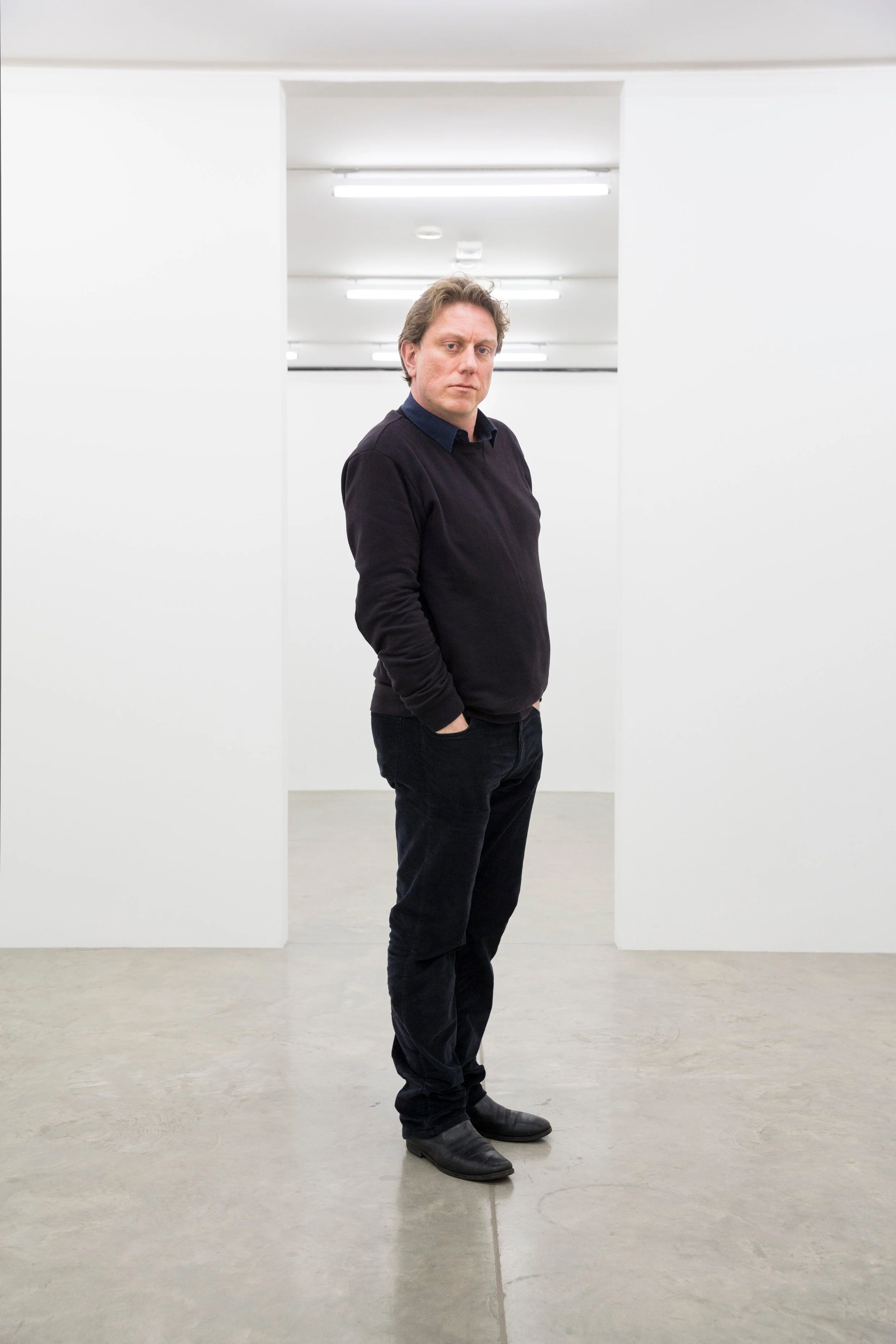
Koen Van den Broek (to be confirmed)
Born in 1973 in the Belgian town of Bree, Van den Broek first studied architecture and subsequently painting, initially at the Royal Academy of Antwerp and then at the Academy of Visual Arts of Breda. In his opinion, despite his painting studies, he has always remained an architect at heart. Ever since his student days, van den Broek has travelled constantly: around Europe, to the USA, Mexico and even to Japan. Always with his camera close to hand. He takes photos, a lot of photos, which all depict the same subject: the architectural interventions of man on the landscape.
Works by Koen van den Broek are part of major public collections, including the LACMA, Los Angeles; SMAK, Ghent; M HKA, Antwerp; Busan Museum of Art, Busan; San Francisco Museum of Modern Art; Astrup Fearnley Museet, Oslo; Staatliche Kunsthalle, Karlsruhe, and Museum Dhondt-Dhaenens, Deurle. His work has been presented at the Venice Biennial (2015 & 2017); White Cube, London; Kunstmuseum, Bonn; Royal Museum of Fine Arts of Antwerp and Brussels; Seoul Arts Centre, Seoul; Kunsthalle, Mannheim; Royal Academy, London; MAS, Antwerp, and Kunsthal, Rotterdam;
-
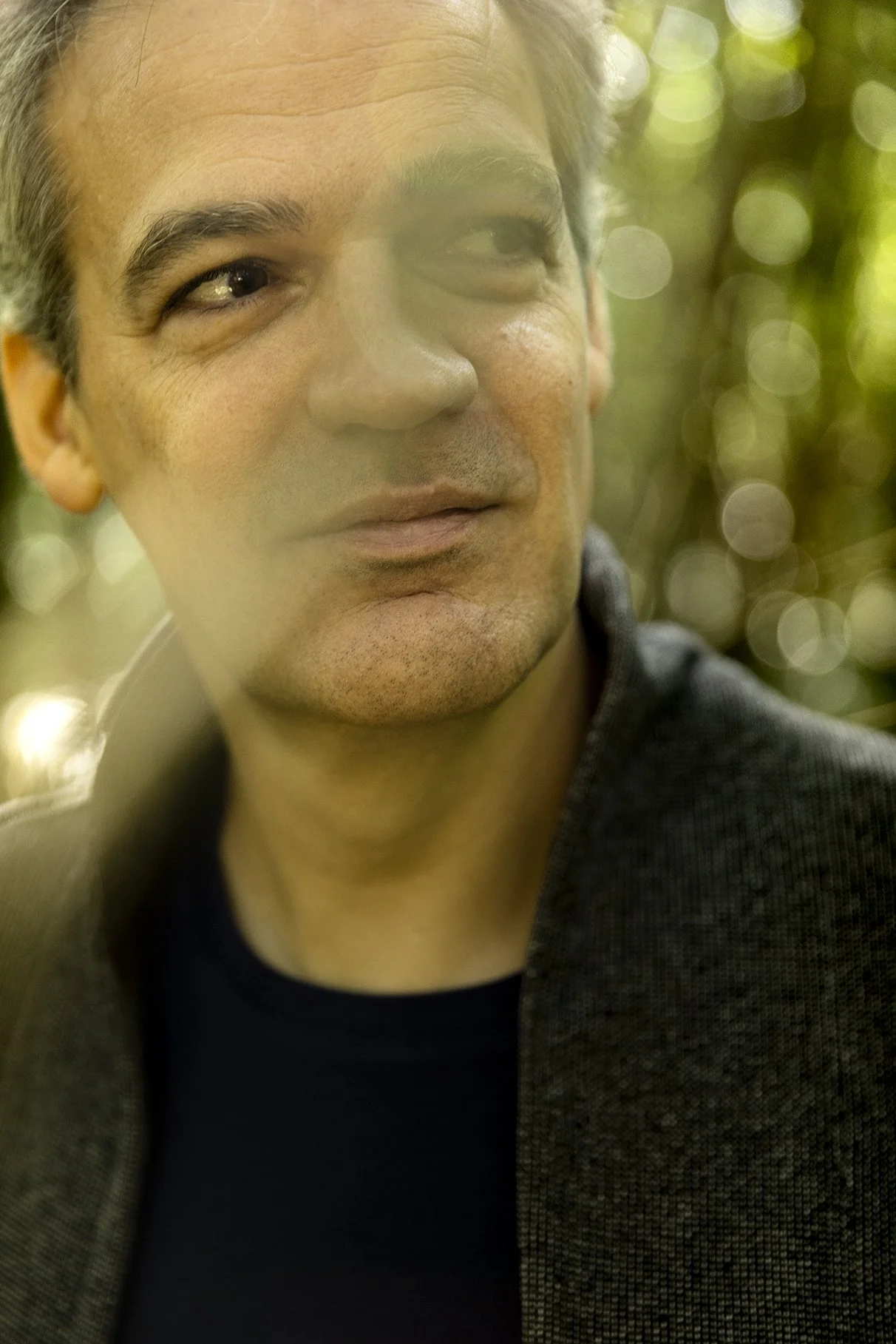
Pieter Schuermans
Pieter Schuermans is a Belgian composer, conductor, and artistic researcher whose work explores temporal perception, structural layering, and emergent musical form. He holds Master’s degrees in Composition, Double Bass, Flute, and Symphonic Conducting from LUCA School of Arts, and completed his Doctorate in the Arts at KU Leuven in 2021 with Chaotic Pulse, Pulsating Chaos, which also resulted in a CD release on Etcetera Records.
A former principal double bassist with Collegium Instrumentale Brugense, he has an active interdisciplinary profile, notably as founder of eaRis company, dedicated to cross-media performance. As President of Composers Archipelago Flanders (ComAV), he supports the development of contemporary music in Belgium and abroad.
Schuermans is Professor of Composition and Director of Artistic Practice at LUCA School of Arts, and Special Guest Professor at KU Leuven. His current research focuses on multilayered compositional processes, interdisciplinarity, performer–composer relations, and AI in creative practice.
-
Nienke Baeckelandt
Nienke Baeckelandt (b. 1989, Ostend; based in Antwerp) explores the field of tension between intuition and control. Her site-specific installa - tions and sculptures subtly play with the viewer’s perception, drawing attention to hidden colors, objects, or concepts. Areas of color become visible only from a specific point of view, along with fused transparent objects and light-colored shadows. Current media and new technologies encourage images to be consumed at a glance. Baeckelandt’s images, on the other hand, encourage a slowing down. Time is a fluid concept in Baeckelandt’s work. In her pieces, we are drawn into fleeting moments, unable to control the image as it gradually dis - appears. Through this, the artist addresses the relentless pace at which we are inundated with images via social media and modern technology. Her work reflects on the fundamental human inability to control nature and life, despite our persistent drive to manipulate and dominate our environment. Central to her practice is the interplay between solidity and fluidity. By “melting and solidifying” everyday objects such as squeegees, plates, cutlery, luxury items, and even words, she ques - tions the foundations of consumer society and our role within it. These objects lose their original significance, becoming nearly invisible within space and time. Through this transformation, her work invites confusion, allowing existential questions to surface. In this tension between dissolution and preservation, everyday elements like water droplets take on new imaginative potential. Paradoxically, her resistance to the passage of time also draws attention to the beauty of the ephemeral.


